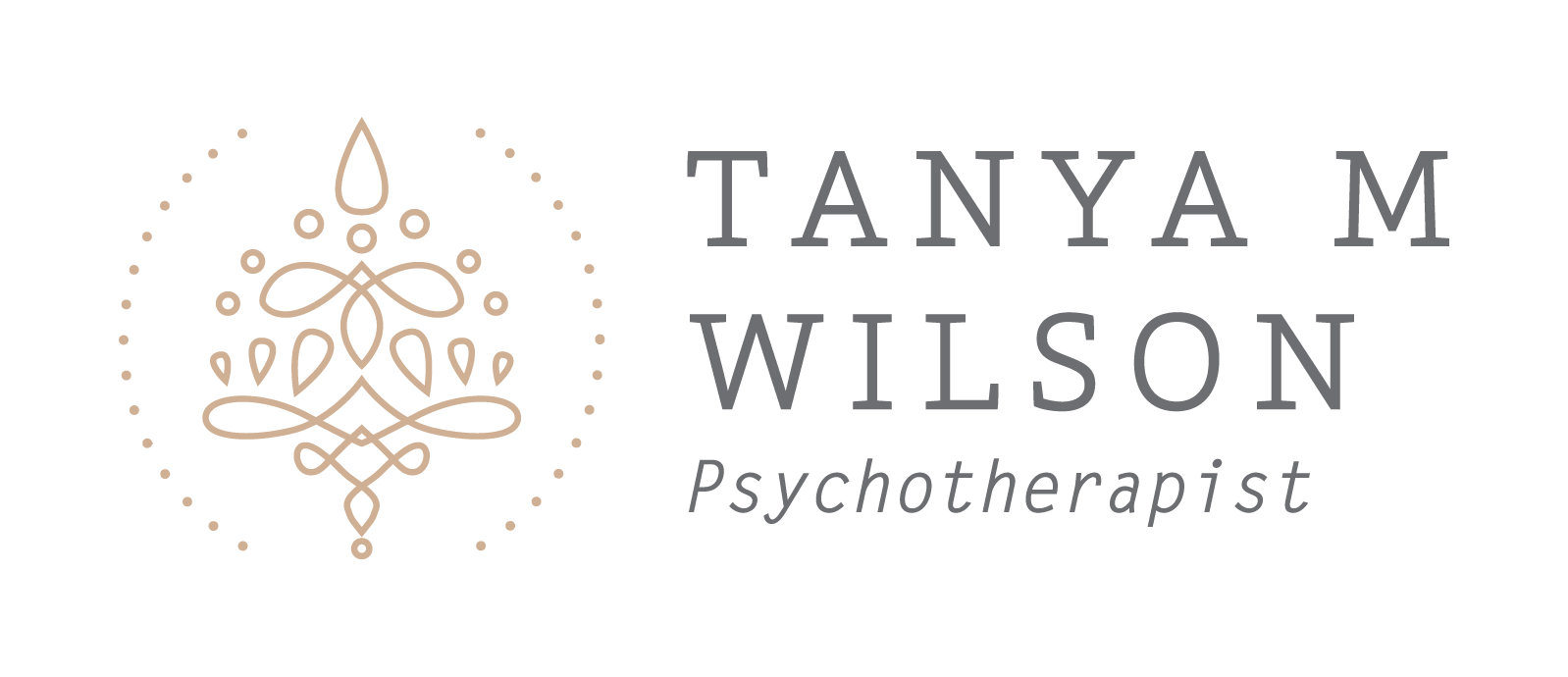One in four Australian women suffers emotional abuse from a partner. One of the types of emotional abuse someone can experience is narcissistic abuse.
Who is a narcissist?
Although technically narcissism is defined as excessive admiration of or interest in oneself, Psychology Todaysuggests that true narcissists don’t really love themselves. And that they are actually driven by shame. Narcissists often use other people as a means of supply to feed their ever-growing ego. They try to embody an idealised image of themselves but are always in an internal struggle as they continue to feel the gap between their outward façade and their shame-based self.
To avoid that feeling of shame, narcissists tend to resort to destructive defence mechanisms that cause pain to their loved ones and destroy relationships. Most of the coping mechanisms narcissists employ are abusive, hence the term narcissistic abuse.
What is narcissistic abuse?
Abuse can come in different forms including verbal, sexual, mental, physical, emotional, financial or spiritual. When people talk about narcissistic abuse, they’re referring to abuse dealt by a narcissist or someone suffering from Narcissistic Personality Disorder (NPD). This phenomenon can present itself in different forms in a relationship. This includes the abuser insulting, manipulating or threatening you, trying to control you and monitoring your whereabouts. A narcissist may also:
- isolate you from family and friends
- cheat on you and blame you for it
- withhold affection
- and generally make you feel worthless, so you’re dependent on them.
Narcissistic abuse can occur in any type of relationship whether between spouses, friends or parents and their children. In these relationships, narcissists try to control their loved ones and take pleasure in inflicting pain both physically and mentally in order to build themselves up. They tend to feel entitled and expect special treatment from others. If they’re criticised in any way, they become strongly defensive and try placing the blame on their accuser. This produces feelings of shame, doubt, and low self esteem in those being abused.

Narcissistic Personality Disorder and echoism
According to Health Direct, people with NPD suffer from symptoms of intense unstable emotions and distorted self imagery. It affects more men than women and people who suffer from NPD are mostly arrogant, with an inflated self image and a disregard for the feelings of others. What’s more, individuals who suffer from these toxic relationships may end up losing their self esteem and become what is known as echoists.
Echoism is a relatively new psychological term popularised by Dr Craig Malkin in his book Rethinking Narcissism. Echoism typically occurs in people in toxic relationships with narcissists. The narcissist doesn’t have to be a partner, they may be a parent, friend or sibling. And echoists are usually extreme people pleasers who are highly sensitive, compassionate and possess emotional intelligence. Malkin argues that narcissistic abuse tactics like shaming, isolation, gaslighting and stonewalling may become so corrosive to an echoist’s self-esteem that they don’t feel like a person anymore. They essentially become an echo of themselves.
This can be a harrowing way to live, so please reach out if you need a counselling appointment.
Narcissistic abuse in relationships
It is unfortunate that in most cases of narcissistic abuse, the narcissist creates an abuser and victim relationship resulting in traumatic bonding. The victim feels that they are less without their abuser and become emotionally captive to the narcissist. This makes it hard for their partners to leave the relationship even when it gets increasingly destructive.
Firstly, what’s important is knowing that abuse by anyone and in any form, is never acceptable. It’s also crucial to start recognising the signs. You don’t deserve such treatment. And you can alter and break free from the abuse cycle.
I specialise in working with people who experienced and are recovering from narcissistic abuse. If something in this article sounds like anything you’ve experienced, please book a confidential counselling appointment today.


